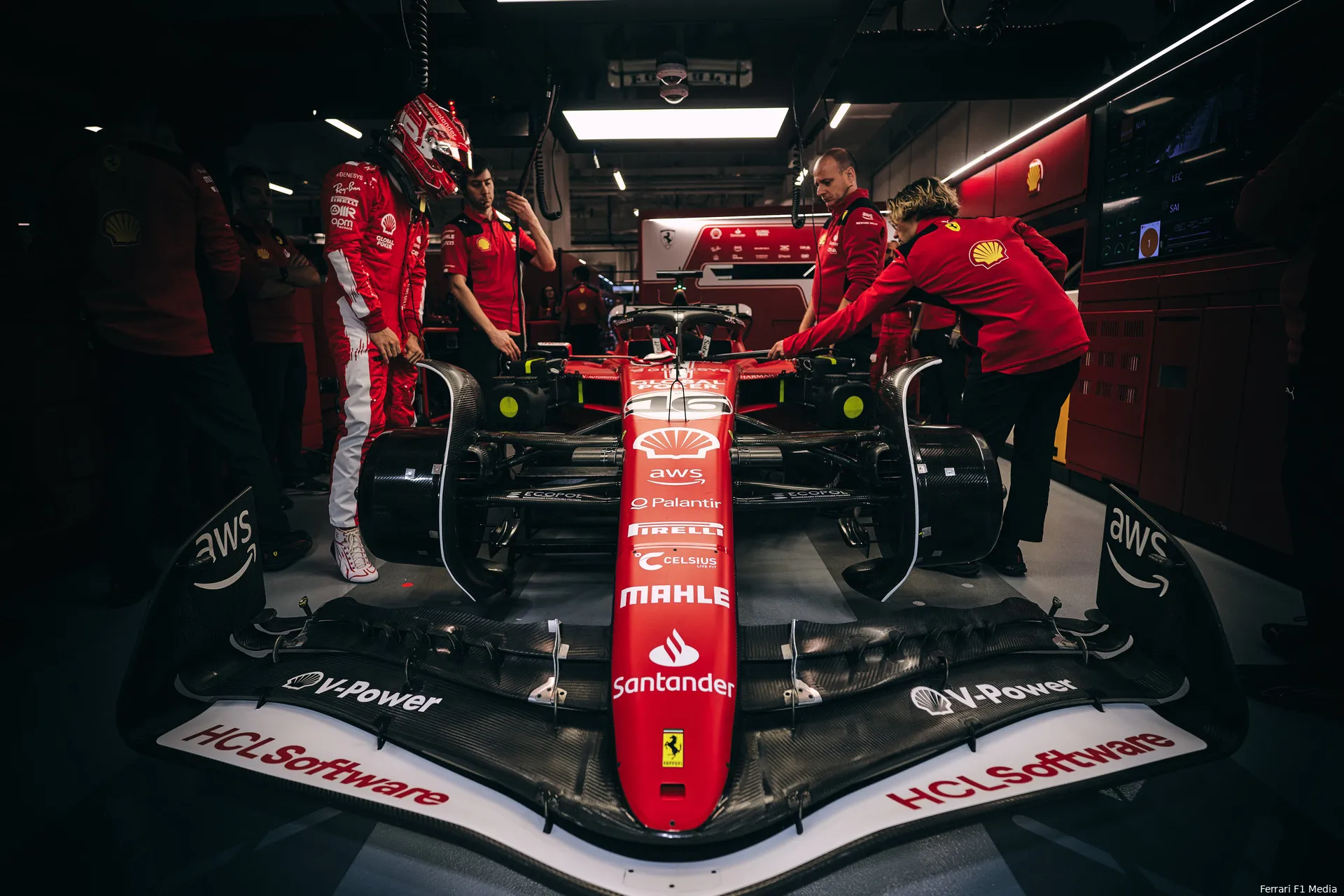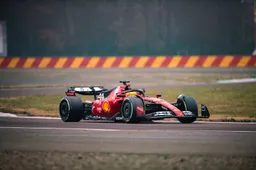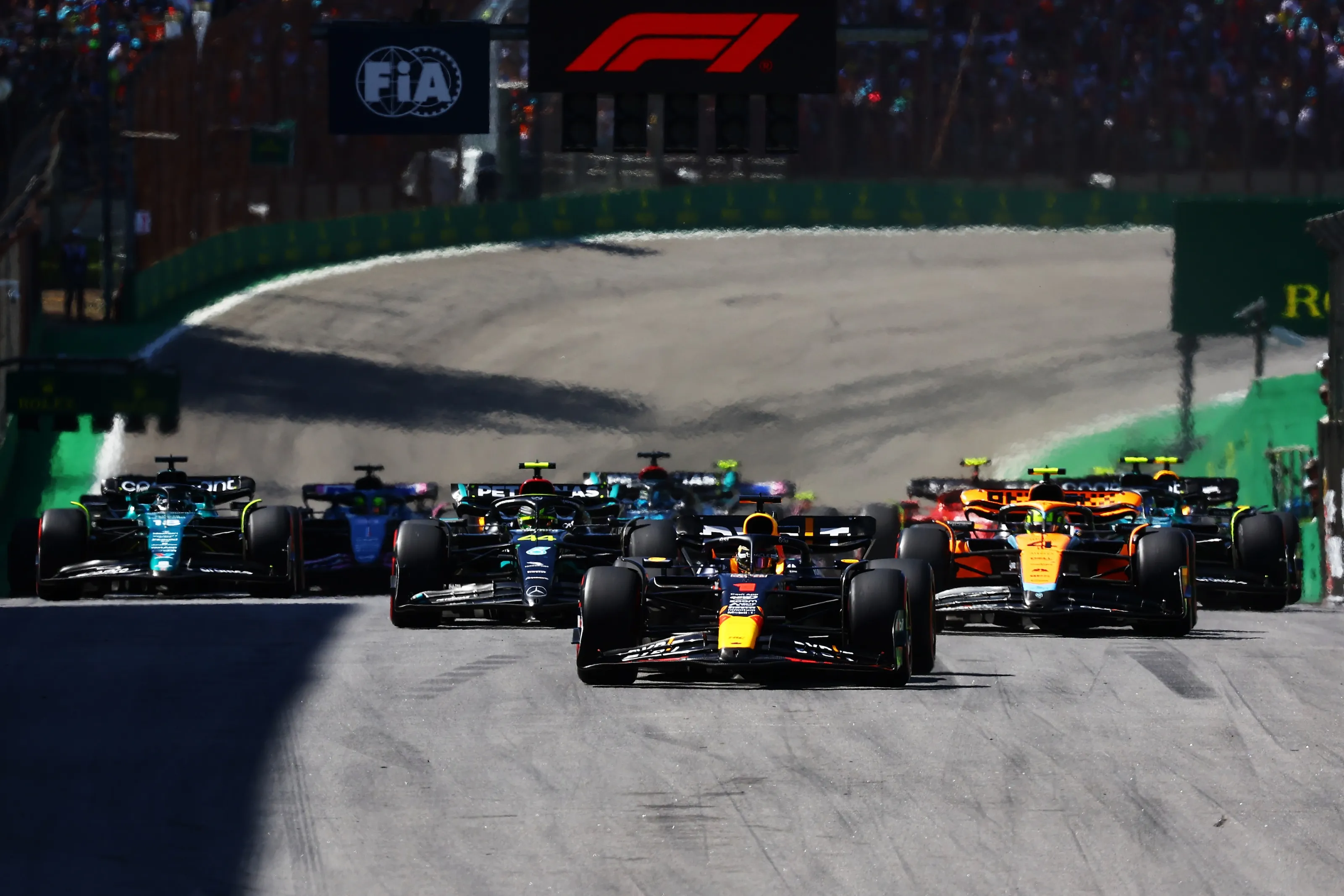Ferrari And Alpine In Trouble: 2024 Regulations To Favor Teams With Better Reliability
F1Tuesday, 09 January 2024 at 19:00

Scuderia Ferrari and Renault Formula One engine manufacturers, including their customer teams, might be in trouble this year's season due to the reduced power unit allocation limit.
Reliability used to be a much more significant factor for F1 teams in the past. If you were to look into the history of the sport, it was pretty common for drivers to not finish the race due to technical problems.
With improving technology, this has become less and less of an issue. Moreover, season 2023 was supposed to have the longest calendar ever so FIA increased the limit of PUs (power units) from three to four per driver.
Reliability used to make F1 more interesting, as it would often shuffle the order. In 2023, however, we have seen too many teams struggling with reliability, which made races more predictable.
However, things might change in 2024. According to formu1a.uno, the allocations of engines are set to be reduced from four back to three per driver.
It.motorsport.com suggests it was Mercedes and Honda who pushed for the reduction of available PUs because these manufacturers are a lot more confident in their reliability as opposed to Ferrari and Renault.
With the new allocation, F1 teams will have to use one power unit for eight Grand Prix weekends on average whereas in 2023, they only needed one PU for five and a half weekends.
Read also
It.motorsport.com also suggested people in the paddock believe this regulation change was aimed at slowing down Ferrari's 2026 PU development, as the team will now have to focus on improving the present Power Unit.
Renault (Alpine) and Ferrari have been the two teams that struggled the most with PU reliability in 2023, and this might be a heavy blow for them going into 2024.
The question now is, whether F1 teams will try and extend the lives of their three power units over the course of the full 2024 season.
The other option is to strategically plan a Grand Prix weekend which would be sacrificed. This means a team would knowingly take the penalty on a chosen weekend for introducing a new power unit with hopes of still recovering as many points as possible despite the grid penalty.
Sacrificing one weekend would allow a team to pump more performance out of their power units without having to worry about reliability.
Read also
POPULAR NEWS

Steiner Warns Red Bull: 2024 Performance Masked By Verstappen's Brilliance

Sainz Sr. Grateful For Ferrari's 'Fantastic Gesture' After Driver Switch

Marko Issues Honest Verdict On Verstappen's Potential Exit: 'You Have To Be Realistic'

Racing Bulls CEO Reveals What Verstappen's Personality Is Like Outside F1 Paddock

Magnussen Discusses 'Crazy' Thing That Separates Verstappen From Hamilton And Others

Hamilton: Driving Ferrari F1 Car For First Time 'One Of Best Feelings Of My Life'
Loading

